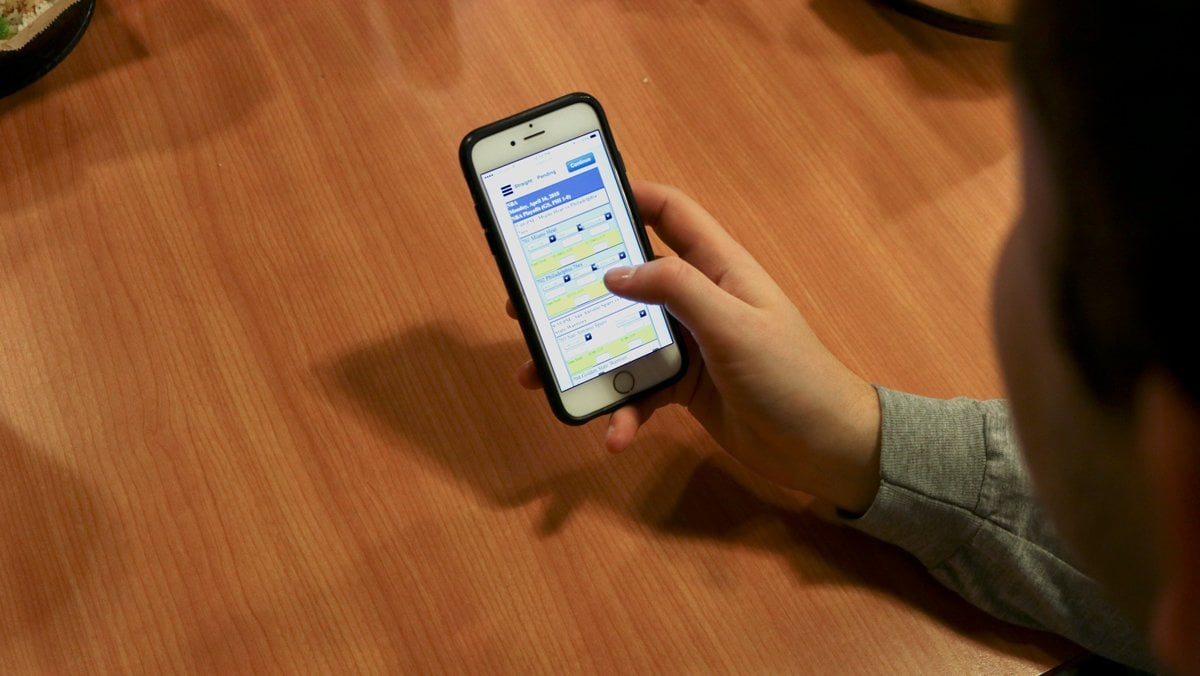
Aquaculture has grown exponentially in the country making it one of the fastest growing sub-sectors in the country. Since Kenya is endowed with many aquatic resources with successful aquacultural potentials and a large number of waterbodies including the Indian Ocean, several large rivers, swamps and other water lands; and all those water sources are contributing much for fish farming in Kenya.
On the recent episode of Marketplace Africa, CNN International explored the challenges faced by Kenya’s fishermen in keeping their product cold and fresh.

A crucial step in this process is having an efficient cold chain, which ensures the fish are kept on ice and moved onto shore quickly.
Kiran Jethwa, celebrity chef and owner of Seven Seafood & Grill explains to the programme how not having an established cold chain is bad for business: “Its a very sensitive product, and we need it here within 24 hours of being caught… The amount of wastage we have as a result is just huge. The amount of fish that goes bad or we don’t accept is approximately 25 percent of the total amount received.”
CNN hears how Victory Farms, one of Kenya’s largest fish farms, has made significant investments in this area to make the cold chain as efficient as possible, with the installation of a five-ton ice machine on the lake.

Joseph Rehmann, the CEO and co-founder of Victory Farms outlines to Marketplace Africa how this has improved their workflow: “So already the fish are in a temperature safe environment in terms of preservation. We then process those fish, we take their guts out – which extends the shelf life pretty substantially, and we move those fish to Nairobi overnight. Not all of our fish are sold the same day so we also bring fish into our freezing system, which can preserve the fish for a longer period of time, but properly frozen.”
Rehmann also says there is a huge opportunity in Kenya, where 6 per cent of Lake Victoria waters can feed 45 million people easily with the tilapia consumption.
Tilapia, according to him, can be cornerstone for sustainable food sufficiency, solving malnutrition the numerous challenges.
CNN hears there are still solutions for smaller-scale operations, which previously relied on ice blocks which would often melt during transit. British firm Sollatek is now providing energy-saving products such as solar freezers to help fishermen.
Although this is a vast improvement on ice blocks, these freezers are not a fool-proof solution. Shipping the equipment to East Africa and then sufficiently powering them remain obstacles for small-scale fish farmers.
Steve Moran, the Chief Operating Officer and co-founder of Victory Farms explains to Marketplace Africa: “Ice needs power and power is not consistent in this part of the world. We are on the grid, but depending on the time of the year, even in good times, we maybe will have 20 percent power outages. Well, that means obviously we have huge challenges in terms of producing ice again.”
These refrigeration units are a necessity in Kenya in case a truck transporting the fish gets stuck on the side of the road or breaks down. Whilst many businesses and fishermen are looking for government initiatives to help enable a more productive cold chain across Kenya, they are still left to invest and create their own solutions in the meantime.
















